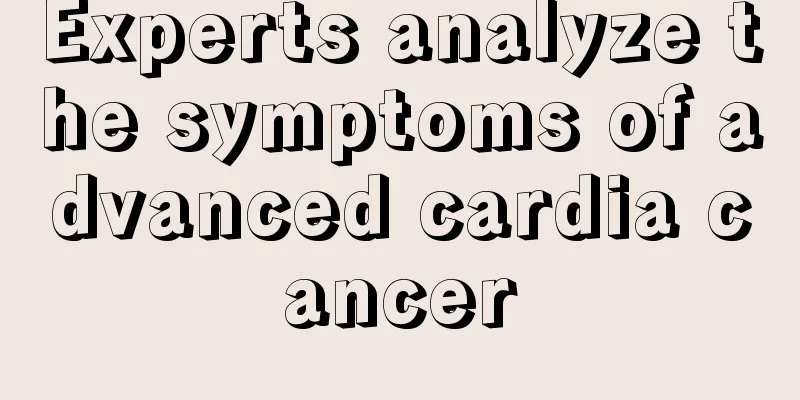What is the best medicine for hyperthyroidism

|
Hyperthyroidism is a very disturbing disease that not only affects our emotions, but also has a huge impact on our daily lives. We should pay enough attention to the treatment of hyperthyroidism and go to the endocrinology department for diagnosis and reexamination in time to avoid physical abnormalities. You should also pay attention to a light diet and avoid spicy and greasy foods. So, what is the best medicine for hyperthyroidism? There are three methods for the treatment of hyperthyroidism: antithyroid drug therapy, radioactive iodine therapy and surgical treatment. 1. There are two types of antithyroid drugs - imidazoles and thiouracils. The representative drugs are methimazole (also known as "thimazole") and propylthiouracil (also known as "propylthiouracil"). 2. Drug treatment is suitable for pregnant women with hyperthyroidism, children, and patients with mild thyroid enlargement. Treatment generally takes 1 to 2 years, and the drug dosage needs to be increased or decreased during treatment according to the thyroid function. Drug treatment has some side effects, including granulocytopenia, drug allergy, impaired liver function, joint pain and vasculitis. The side effects of drugs need to be closely monitored in the early stage of drug treatment, especially granulocytopenia. Patients need to be warned that if they have fever and/or sore throat, they need to check their granulocytes immediately to determine whether granulocytopenia occurs. Once it occurs. Immediately discontinue emergency medication. Another disadvantage of drug treatment is the high relapse rate after discontinuation of medication. Both radioactive iodine therapy and surgical treatment are destructive treatments, and hyperthyroidism is not likely to recur. Radioactive iodine is suitable for patients with moderate thyroid enlargement or recurrence of hyperthyroidism. Doctors calculate the radiation dose required for each patient based on the patient's thyroid gland's uptake rate of radioactive iodine. Radioactive iodine is absolutely contraindicated in pregnant and lactating women. Because radioactive iodine has a delayed effect, the incidence of hypothyroidism is 3% to 5% per year over time. Radioactive iodine therapy is not suitable for hyperthyroid patients with thyroid eye disease because the eye disease may worsen after treatment. 3. Surgical treatment is suitable for those with significant thyroid enlargement, or those who are highly suspected of thyroid malignancy, or those whose thyroid enlargement compresses the trachea and causes breathing difficulties. Before surgery, medication is needed to control thyroid function within the normal range, and oral compound iodine solution is also required as preoperative preparation. |
>>: Can hyperthyroidism be cured
Recommend
The benefits of drinking dried ginger soaked in water
We are usually used to using ginger in cooking, b...
There is a white patch of skin on my face, what's going on?
It would be very ugly if the skin turned pale in ...
Is it okay to run at twelve o'clock at night?
Night running is becoming more and more popular. ...
How to relax a tense brain_a tense brain cannot relax
Many people often keep themselves in a very tense...
What is the reason for feeling dizzy in the head
Some people are full of energy and positive every...
What are the symptoms of fibroids
What are the symptoms of fibroids? I believe that...
How to make my hands thinner
I believe all women have heard that hands are a w...
What ointment to use for eye dermatitis
When eye dermatitis occurs, you should rest your ...
How to eat honeysuckle and its effects
Everyone is familiar with honeysuckle, and many p...
.My nose is blocked when I blow the fan
When people use fans, the air flow around them wi...
What is a low anal fistula? Know the clinical manifestations early
Anal fistula is a very common anorectal disease. ...
How many days does it take to remove the plaster
Many people need to wear a cast after an injury, ...
Three effective Chinese medicine prescriptions for treating bladder cancer
Bladder cancer is a common tumor of the urinary s...
What are the symptoms of Trichomonas urethritis?
Currently, Trichomonas urethritis is a common dis...
What to do if breasts are too big and sagging
Every woman wants to have a plump breast, especia...









